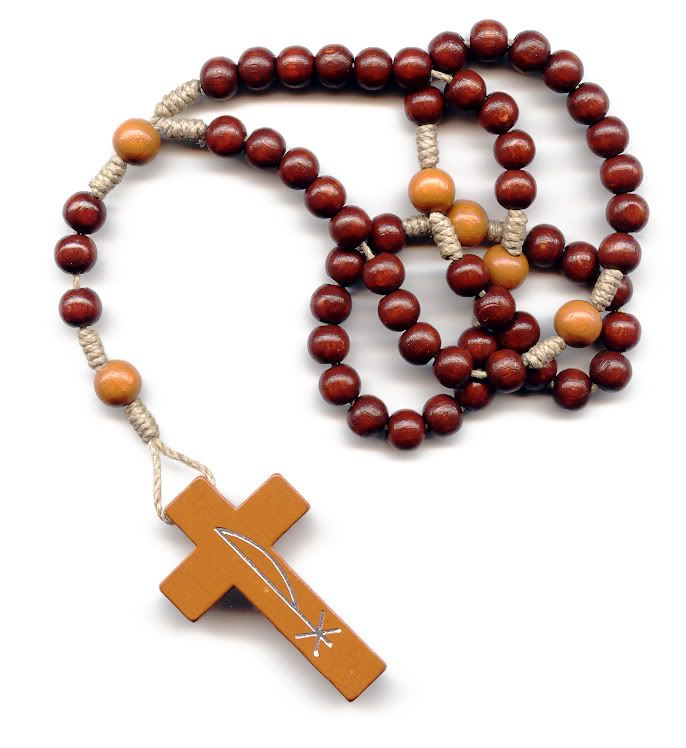
Quietly, often with little fanfare and even less thanks, Catholic nuns have for years been battling domestic violence throughout the country and around the world. From gritty urban centers to the nation’s hushed and tidy suburbs to rural farming communities, they work tirelessly to help women and children get out and stay out of abusive relationships.
“Leaving is a process,” said Sr. Maria Klosowski, who recruits and trains volunteers for the Riverhouse Shelter in a remote four-county region of northern Michigan. “It’s not a one-shot event, so many [who do this work] experience a sense of frustration when you see the person return. But I remind them to keep in mind it’s a process, and you’ve helped them with a part of a process you hope they will continue. Then you can keep a perspective.”
Women like Klosowski, who is a Sister of Mercy, are experts at ferreting out hope. “I was over at the library the diocese here has one day last week,” she commented, “and I happened to notice they had several videos on domestic violence. I was pleasantly surprised to see that.”
The Sisters of Mercy are “front and center” on the domestic violence issue, said Sr. Fran Stein, director of the social justice ministry at the Catholic diocese in Springfield-Cape Girardeau, Mo.
Rebecca Mathis, who is not Catholic but worked for nine years with a coalition of various churches in the Houston area, acknowledges that domestic violence work can be heart-rending and frustrating. “The vast majority of women who finally make the leap can’t get their kids out. Very few are successful in extricating the children because in court he looks wonderful. He’s got his pastor, his employer, who also happens to be a deacon of the church, his parents who were founders of the church. So he looks great, and she looks like a flake. So she’s punished or she goes back. It’s so sad. It happens over and over.”
Sr. Marilyn Lacey, said, “Faith can give people tremendous strength and endurance and hope about moving out. Or religion can be used to keep women in abusive situations in places where the church is not enlightened. It depends on the level of integrity with which the gospel is interpreted.” Lacey, a Sister of Mercy, is the director of immigration legal services with Catholic Charities in San Jose, Calif.
She said a lesser-known provision of the Violence Against Women Act reauthorized by Congress last year -- an important law that provides federal funding for programs to combat violence against women -- allows an abused immigrant spouse to petition for citizenship or residency without affiliation with her abuser. Many women stay in abusive situations because the abuser is a U.S. citizen or resident who holds legal status over their heads, Lacey noted. The women knew if they left they couldn’t work legally or support their children. “That section of the law has changed and now allows any bona fide abused immigrant spouse to petition on her own for herself and her children,” said Lacey. “It’s a huge benefit.”
It’s also a huge challenge for Lacey’s organization to spread the word in Santa Clara County where 40 percent of the population is foreign born (60 percent if U.S.-born children of immigrants are counted).
Domestic violence poses a particularly thorny situation within immigrant communities, said Mathis, who now works for the McAuley Institute in Houston. “Battered women in the immigrant community are much more reluctant to speak to anybody about this situation because of their sense of vulnerability, isolation -- cultural issues. Also, we found that when they went to the priest or sister or whomever, they really expected that the church would be able to solve this problem. They were much more naive about all the ramifications about what it would take to be able to leave, and they were much more reluctant to leave.”
Anna Ganahl, director of communications for the Sisters of Social Service in Los Angeles who run domestic violence shelters on both sides of the U.S.-Mexico border, said, “Latino culture and the angle on abuse, the reluctance to acknowledge abuse on the part of the abuser or the abused, has been an issue for the church for some time.”
In Santa Clara County, David Lee, formerly community education director for the Support Network for Battered Women, is hesitant to paint immigrants with a broad brush. He acknowledges that there has been a disproportionate number of domestic violence deaths among the Asian communities in his area, and he points to one study that showed a decrease in domestic violence among Mexican immigrants the longer they stayed in this country. But Lee notes, “People point to immigrants and say those people are violent. But mainstream America is a highly violent society, from our media, to foreign policy, to relationships.”
“Acculturation -- losing traditional ties -- can be a very dangerous thing,” Lee added. Immigrants face a new culture with unfamiliar rules, and many come with an inherent distrust of authorities. “Traditionally our focus has been on what an individual can do to promote her own safety,” Lee said. The challenge in immigrant communities is to “change the message and make it culturally appropriate.”
-- Kathryn Casa
National Catholic Reporter, June 29, 2001
 If you enjoyed this post and wish to be informed whenever a new post is published, then make sure you subscribe to my regular Email Updates.
Subscribe Now!
If you enjoyed this post and wish to be informed whenever a new post is published, then make sure you subscribe to my regular Email Updates.
Subscribe Now!Thanks For Making This Possible! Kindly Bookmark and Share it:
















1 comments:
I wish i had some . were i could disapair to wen im soo scared by the man i love
Post a Comment